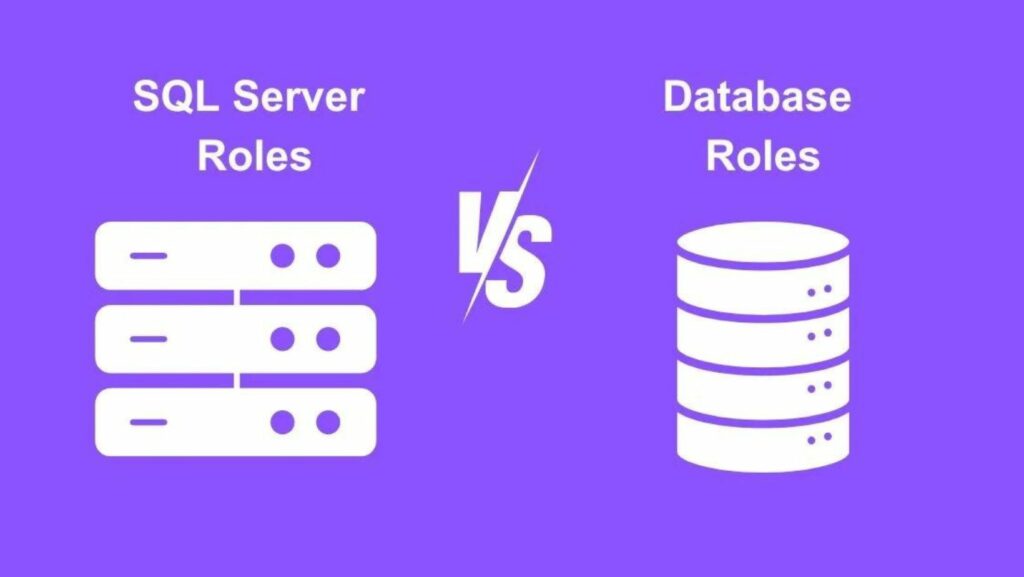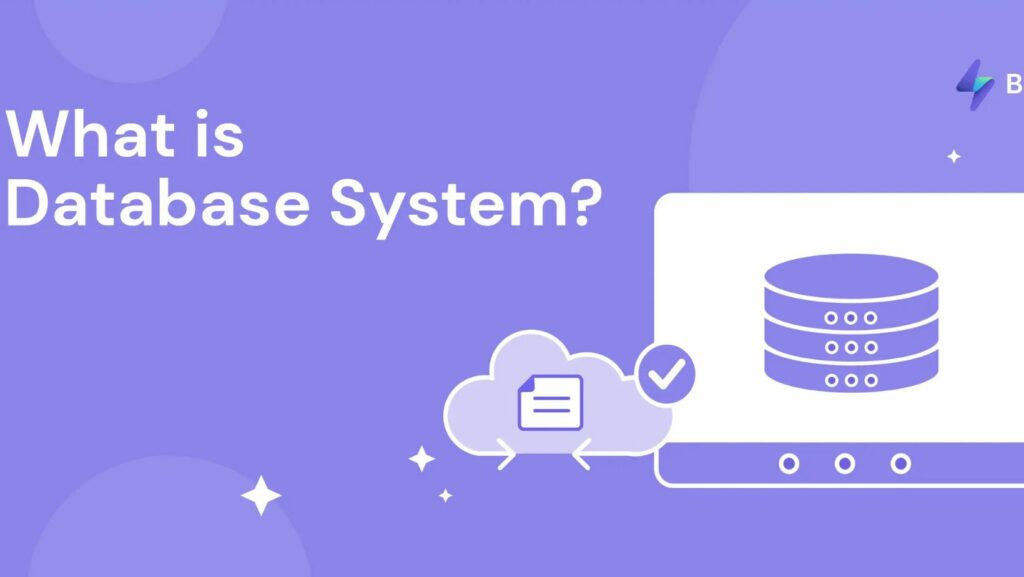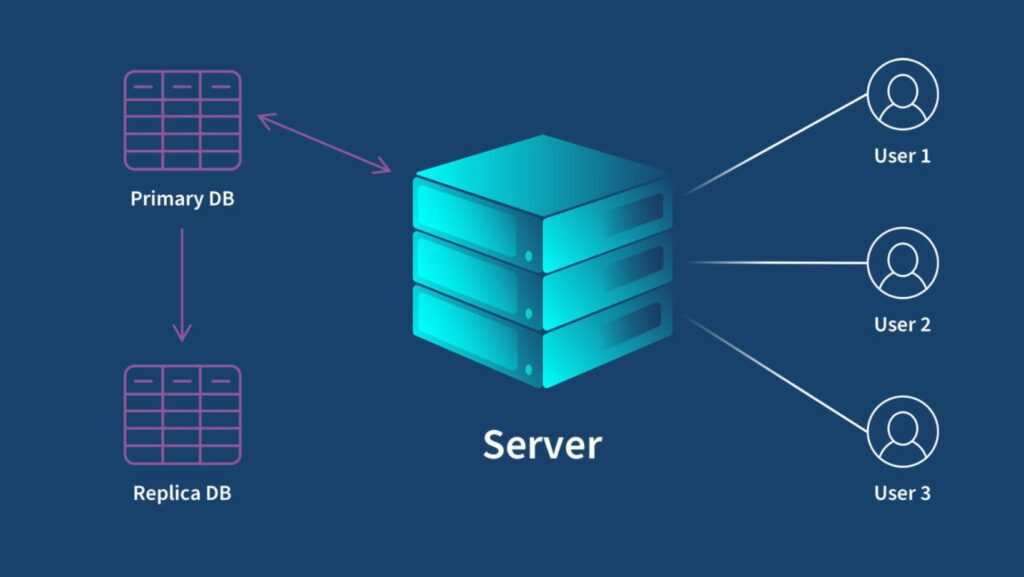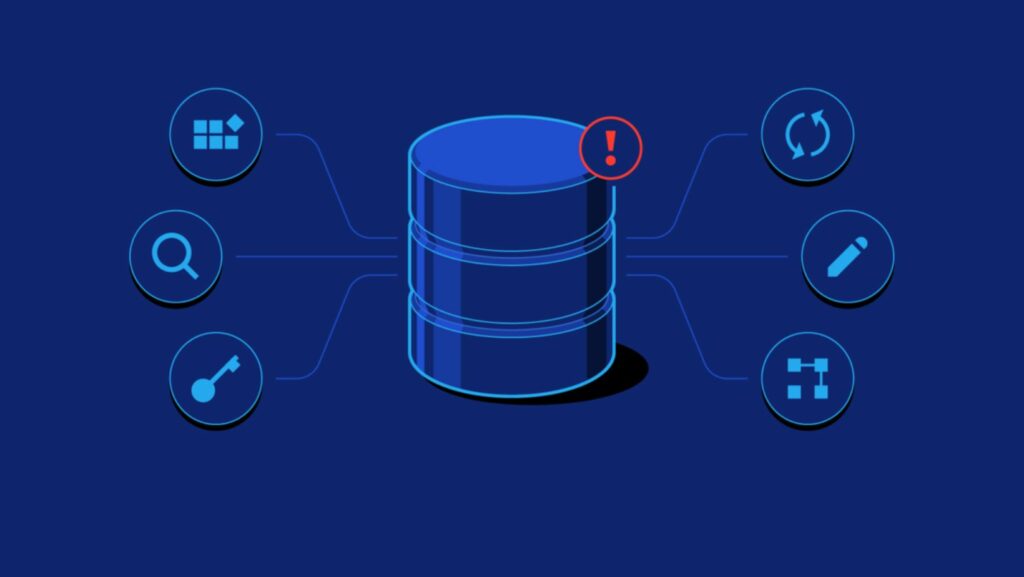
Server Vs Database

When it comes to understanding the backbone of digital infrastructure, the distinction between server vs database is crucial. As a seasoned tech enthusiast, I’ve often delved into the intricate workings of these fundamental components. Servers act as the powerhouse, handling requests and delivering data, while databases store, organize, and retrieve information.
In this article, I’ll unravel the nuances between server vs database, shedding light on their distinct roles in the digital realm. From their functionalities to their impact on performance, grasping the differences between servers and databases is essential for anyone navigating the tech landscape. Let’s embark on a journey to uncover the essence of servers and databases in the digital ecosystem.
Understanding the Basics of Servers and Databases
What Is a Server?

A server is essentially a computer program or device that provides functionality for other programs or devices, known as clients. It serves data or performs computational tasks for clients. Servers can be physical or virtual and are typically optimized to handle specific tasks efficiently. They play a crucial role in managing network resources, such as processing requests, delivering content, and ensuring seamless communication between devices.
What Is a Database?
A database is a structured collection of data that is organized and stored electronically. It allows for easy retrieval, management, and updating of information. Databases are designed to efficiently store and retrieve data through queries and serve as a central repository for various types of information. They help in maintaining data integrity, security, and scalability for applications that require data storage and processing capabilities.
Key Differences Between Server and Database
Functionality and Purpose
When considering servers and databases in digital infrastructure, it’s essential to understand their distinct functionalities and purposes. Servers primarily function as providers of services and resources to clients, facilitating data serving, computational processes, and network functionalities. They play a crucial role in managing requests, processing information, and delivering content efficiently across networks. On the other hand, databases serve as organized repositories of structured data, enabling easy storage, retrieval, and manipulation of information. Their primary purpose is to ensure data integrity, security, and scalability by storing, organizing, and managing data effectively.
How They Interact in a Network

In a network environment, servers and databases interact seamlessly to support various functions and applications. Servers handle client requests by processing and serving data stored in databases. When a user makes a request, the server retrieves relevant data from the database, processes it, and sends the results back to the client. This interaction ensures seamless data access, retrieval, and delivery across the network.
The database stores and manages the data, while the server acts as the intermediary between clients and the data stored in the database. This collaborative interaction between servers and databases streamlines data management processes and enhances the overall performance of digital infrastructure.
Web Hosting and Servers
In web hosting, I manage the servers that host websites, ensuring they are up and running smoothly. The servers store website files, databases, and applications, delivering content to users when they access a website. For example, when a user visits an online store to make a purchase, the server processes their request, retrieves product information from the database, and displays it on the user’s screen. This seamless interaction between the server and database enables efficient e-commerce transactions.
Data Management and Databases
When it comes to data management, I oversee the databases that store vast amounts of information for businesses or organizations. Databases are crucial for storing and organizing data in a structured manner, allowing for quick retrieval and manipulation. For instance, in a customer relationship management system, the server interacts with the database to retrieve customer records, update information, and generate reports. This collaborative effort between the server and database ensures that the business operations run smoothly and data is managed effectively.
Considering the critical roles servers and databases play in digital operations, it’s evident that both are indispensable components of a robust infrastructure. Servers provide essential services to clients, while databases efficiently store and manage structured data. When deciding between server and database solutions, factors like scalability, flexibility, and security must be carefully evaluated.
